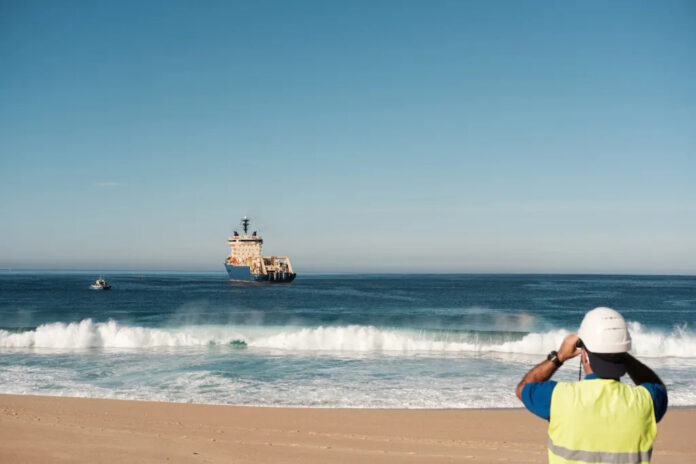The Connecting Europe Facility (CEF) third round funds will focus on 5G, edge cloud and submarine cables
The European Commission has opened a third set of CEF calls for proposals, worth over €240m in co-financing, which will go towards building gigabit and 5G networks as well as boosting capacity and resilience of backbone networks.
This new set of calls includes: 5G coverage along transport corridors (€100m); 5G and edge cloud for smart communities (€51m); and backbone connectivity for digital global gateways (€90m).
The first two calls focus on improving 5G connectivity throughout rural communities and urban areas, while also supporting 5G infrastructure development along European transport corridors. This includes supporting road-safety services and provide gigabit connectivity services to vehicles users and passengers, while ensuring 5G/cloud edge integration.
Public and private
The invitations are aimed at public and private organisations, which will be able to present their co-financing proposals as part of the digital component of the CEF. Projects of common interest will be co-financed with amounts ranging from €51-100m euros depending on where the project is located.
Through the digital global gateways call, the EC said CEF Digital will support backbone connections, mainly via submarine cables, to improve the performance and resilience of connectivity networks in islands and seaside regions, as well as in remote, outermost and sparsely populated areas, and between the EU and third countries.
The deadline to apply to these calls for proposals is 17 January 2024. More information on the application, evaluation, and award process for this set of calls will be available at the online info day on 26 October. Overall, CEF aims to improve cross-border connectivity and has a fund of €1.6bn over 2021-2027. It is administered by the European Executive Agency for Health and Digital (HaDEA).
Cable funding isn’t enough
Europe has shifted its focus to subsea cable resilience and diversity following last year’s attack on Nord Stream. Earlier this week, the Swedish Government revealed a Baltic Sea telecom cable connecting Sweden and Estonia was damaged at roughly the same time as a Finnish-Estonian pipeline and cable were earlier this month but remains operational.
According to Reuters, Finnish investigators said they had identified vessels operating in the area where the damage to the pipeline and cable occurred on 8 October, naming two of them, a Russian-flagged ship and a Chinese-owned vessel.
While Europe’s Global Gateway initiative suggests that €30bn would be available for digital connectivity projects including undersea and terrestrial cable projects globally, but mostly in Africa, the latest CEF amount of €90m is hardly going to calm nerves frayed by the recent fibre outages.
Many proposed cables in the so-called Global South are still without funding and Euractiv reports that some Member States are grumbling about the lack of transparency in the whole project anyway.
Euractiv also reports that the EU executive is seeking to increase the resilience of this type of infrastructure, with a recommendation to member states on “Secured Subsea Infrastructure for Europe” expected as part of a Future of Connectivity package early next year.
“In the first months of next year, the Commission is also expected to adopt its second Multiannual Work Programme for 2024-2027 to pour cash into Important Project of Common European Interests on internet cables,” it stated.
The proposed CEF money for cables is not enough according to industry observers, who also say the funding distribution does not match the quality of the projects. Euractiv revealed that in the second round of funding, the Portugal Azores Atlantic CAM was rated highest but only received €40.5m out of the €96.2m requested. A project from France to increase the bandwidth of the Caribbean French Outermost Regions received virtually the entire requested grant despite being at the bottom of the list.



